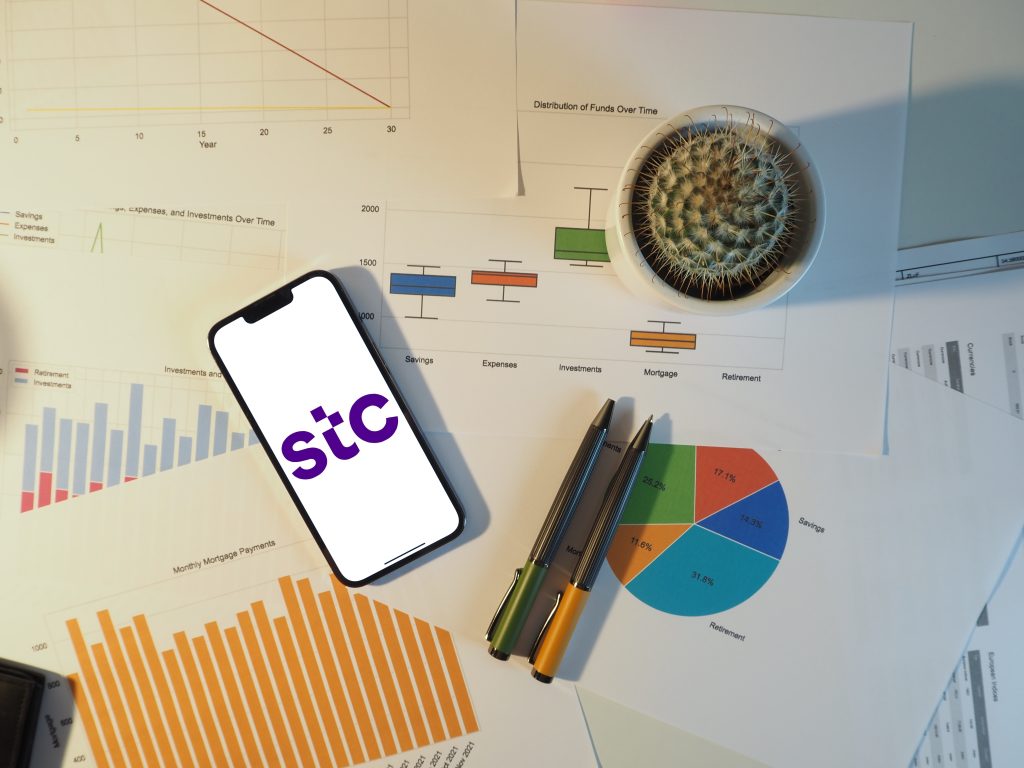Saudi Arabia’s PIF Drives E-Mobility with $39B Investment
Saudi Arabia’s sovereign wealth fund, the Public Investment Fund (PIF), is leading the country’s e-mobility advancements with a planned $39 billion investment. Heiko Seitz, PwC’s global e-mobility leader, highlighted this during the EV Auto Show in Riyadh.
Seitz explained that by 2030, PIF will inject approximately $39 billion to develop a comprehensive electric vehicle (EV) industry. Half of this investment will go towards creating an EV manufacturing ecosystem, a quarter towards battery production and supply, and the remaining funds for parts and chips.
He emphasized the collaborative effort with global companies to build this industry from scratch, showcasing Saudi Arabia’s rapid progress in the sector.
Seitz also pointed out challenges such as the limited availability of new EV models and insufficient charging infrastructure. Currently, only about 7% of cars for sale in the Middle East are electric, compared to 30% in Europe, thus limiting consumer options.
However, the charging infrastructure issue is being addressed. Companies like Electric Vehicle Infrastructure Co. (EVIQ) are expanding charging stations, and Lucid, supported by PIF, has signed an agreement with EVIQ to enhance high-speed public charging infrastructure in Saudi Arabia.
Seitz expressed optimism about the future of e-mobility in the region, noting that EV costs are decreasing globally and becoming comparable to internal combustion engine vehicles. In Saudi Arabia, commercial fleet operators already find EVs nearly as affordable as traditional vehicles.
With more car brands entering the Saudi market, Seitz predicts a price competition similar to Europe, potentially lowering EV prices significantly in the near future.
A PwC survey indicated that 40% of Saudis are interested in purchasing an EV within the next three to four years. Seitz believes the influx of new models from brands like Lucid and Seer will further drive this interest.
Despite being an oil-rich nation, Saudi Arabia is committed to promoting green mobility. Seitz noted that 24% of global carbon dioxide emissions come from transportation, emphasizing the need to decarbonize this sector. He praised Saudi Arabia’s green electricity initiatives, predicting that by 2035, the country’s mobility energy needs will be fully met by solar power, demonstrating that even oil-rich nations can lead in green energy adoption.
